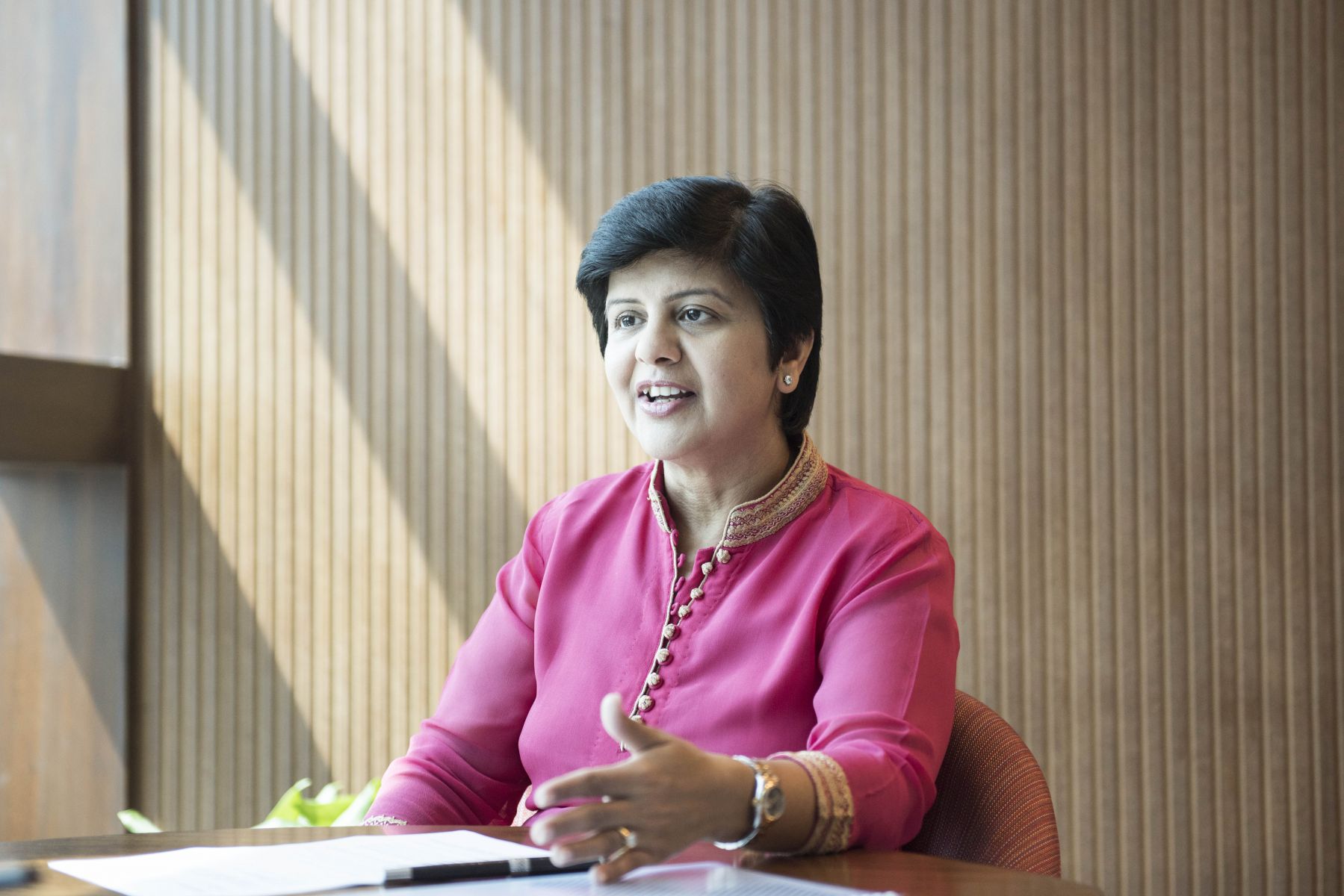While talking to students recently, Procter & Gamble India MD & CEO Madhusudan Gopalan highlighted empathy and emotional quotient (EQ) as new age leadership attributes. At Indian Hotels Company (IHCL), two among the four qualities defined in its leadership programmes are ‘humility’ and ‘humanity’.
Organizations are increasingly looking for leaders with traits such as empathy and humility. Gone are the days when companies scouted for the archetype ‘A’ kind of leaders who were aggressive and had risen in the organisation riding roughshod over colleagues. CEO mandates being given out to executive search firms are seeking qualities contrary to the archetype ‘A’ leader.
More than skills and experience, boards and organizations are asking search firms to hunt for leaders who believe in collaboration and are not afraid to admit weaknesses which can be overcome with the requisite talent from team members. “Boards and Chairs are increasingly prioritising personality attributes such as humility, inclusivity and ability to bring as much of the heart as head, over past experiences and skills in CXO mandates across industries. Motivations, identity and inherent traits of leaders are getting higher weightage than past metrics achievements in leader selections,” said Pallavi Kathuria, managing partner, Egon Zehnder in India.
"The real challenge for organizations is to understand the true depths of leaders — to not just find but also ignite ever growing leaders so that they continue to grow with these changing times."
Pallavi Kathuria, managing partner, Egon Zehnder in India

The new style of leadership is emerging with the changing dynamics in the external environment and the arrival of the millennial generation. “The ability and the willingness to listen, the willingness to operate with heart and mind, is going to be a critical determinant of success moving forward. That’s an area that we invest a lot in our people, to equip them with the right skillsets to act with empathy,” said Gopalan.
Apart from humility and humanity, the other two elements in IHCL’s leadership programme are ‘humour’ and ‘hope’. “Humility is non-negotiable. A person may be very ambitious, but if he/she is not humble, it would not work and we would not consider such a candidate for a leadership post. If you show aggression there would be 10 people immediately following you. But it is not sustainable in any sphere. What is long lasting is humility,” said P V Ramana Murthy, executive VP and global head - HR, IHCL.
Of 110 placements of CEOs and CXOs by Executive Access India in 2018-19, 70% were based on clear mandates given by companies for a leader who is humble, has high EQ with good people skills. “These traits in leaders are today the most sought-after. One thing that really puts off people is arrogance in a leader. Clients tell us they don’t want a leader who is a bull in a china shop,” said Ronesh Puri, MD, Executive Access India.
As part of Egon Zehnder’s ‘Leaders & Daughters’ initiative, which convenes both experienced and emerging female leaders to explore professional opportunities and obstacles, the top three most desired characteristics in leaders were ethical (45%), strategic (45%), and humility (43%).
Millennials rated humility much higher than any other generation (48%). The firm surveyed more than 2,500 women and men with a range of leadership experience across Australia, Brazil, China, Germany, India, UK and US for the study.
“In this new world, leaders must evolve at a deeper level to find their inner purpose, shifting motivations and traits. It’s less about experiences and capabilities but more about leaders who can connect on a more human level and have a more purposeful, compassionate way of leading. The next era of leadership is not about finding these leaders but also helping them develop themselves so that they, in turn, help build a better world through leadership,” said Kathuria.
“The inevitable truth is that the world is changing faster than the organisation’s capacity to understand and act upon. The relevant population of qualified candidates is limited but the real challenge is for the organization to really understand the true depths of leaders — to not just find but also ignite ever growing leaders so that they continue to grow with these changing times,” Kathuria said.
Read the original article here.
Topics Related to this Article
This post originally appeared on Times of India.





